Brazil Recommends Sanctions for Apple Over App Store and NFC Rules
Apple is facing renewed antitrust scrutiny in Brazil, where the country's competition regulator has formally recommended sanctions against the company over its App Store rules and restrictions on third-party access to iPhone features, including near-field communication (NFC) technology.

The recommendation was issued by the General Superintendence of Brazil's Administrative Council for Economic Defense (SG/CADE), the technical body of the federal antitrust authority. In a public statement translated from Portuguese, SG/CADE determined that Apple's conduct with iOS constitutes a violation of Brazilian competition law and urged CADE's internal tribunal to impose penalties, including financial fines and mandatory changes to Apple's policies.
The investigation started in 2022 after formal complaints were submitted by Latin American e-commerce platform MercadoLibre and other digital service providers. The companies alleged that Apple engaged in anti-competitive practices by requiring in-app purchases to be made exclusively through its own payment system and by restricting developers from informing users about alternative purchasing options — a practice known as anti-steering.
MercadoLibre further argued that Apple abused its control over the iOS platform by denying third-party access to critical technologies such as the iPhone's NFC chip, effectively limiting mobile payment competition in Brazil. In a statement to the Brazilian technology publication Tecnoblog, Apple said:
According to Reuters, CADE's technical body has now concluded that Apple's enforcement of these restrictions creates artificial barriers to entry for competitors and harms both developers and consumers. In its ruling, CADE wrote that Apple's practices "artificially preserve its dominant position" in iOS-related markets and reduce the availability of competing digital payment solutions.
CADE's internal tribunal must now decide whether to accept the recommendation and proceed with formal sanctions. If CADE's tribunal upholds the recommendation, Apple could be required to open its NFC technology to third-party payment providers, following similar mandates already imposed in the European Union.
This article, "Brazil Recommends Sanctions for Apple Over App Store and NFC Rules" first appeared on MacRumors.com
Discuss this article in our forums

The recommendation was issued by the General Superintendence of Brazil's Administrative Council for Economic Defense (SG/CADE), the technical body of the federal antitrust authority. In a public statement translated from Portuguese, SG/CADE determined that Apple's conduct with iOS constitutes a violation of Brazilian competition law and urged CADE's internal tribunal to impose penalties, including financial fines and mandatory changes to Apple's policies.
The investigation started in 2022 after formal complaints were submitted by Latin American e-commerce platform MercadoLibre and other digital service providers. The companies alleged that Apple engaged in anti-competitive practices by requiring in-app purchases to be made exclusively through its own payment system and by restricting developers from informing users about alternative purchasing options — a practice known as anti-steering.
MercadoLibre further argued that Apple abused its control over the iOS platform by denying third-party access to critical technologies such as the iPhone's NFC chip, effectively limiting mobile payment competition in Brazil. In a statement to the Brazilian technology publication Tecnoblog, Apple said:
For more than 16 years, the App Store has provided our users in Brazil with a safe and trusted marketplace to discover new apps and has helped Brazilian developers build successful businesses. We are concerned that CADE's proposed measures would harm the experience our users love and trust, while also introducing new risks to their privacy and security. We will continue to engage with CADE to defend the rights of users and developers on our platform.
According to Reuters, CADE's technical body has now concluded that Apple's enforcement of these restrictions creates artificial barriers to entry for competitors and harms both developers and consumers. In its ruling, CADE wrote that Apple's practices "artificially preserve its dominant position" in iOS-related markets and reduce the availability of competing digital payment solutions.
CADE's internal tribunal must now decide whether to accept the recommendation and proceed with formal sanctions. If CADE's tribunal upholds the recommendation, Apple could be required to open its NFC technology to third-party payment providers, following similar mandates already imposed in the European Union.
Tag: Brazil
This article, "Brazil Recommends Sanctions for Apple Over App Store and NFC Rules" first appeared on MacRumors.com
Discuss this article in our forums
 Note: MacRumors is an affiliate partner with some of these vendors. When you click a link and make a purchase, we may receive a small payment, which helps us keep the site running.
Note: MacRumors is an affiliate partner with some of these vendors. When you click a link and make a purchase, we may receive a small payment, which helps us keep the site running.


 The Google Keep app for Apple Watch as it was upon release in 2019.
The Google Keep app for Apple Watch as it was upon release in 2019.

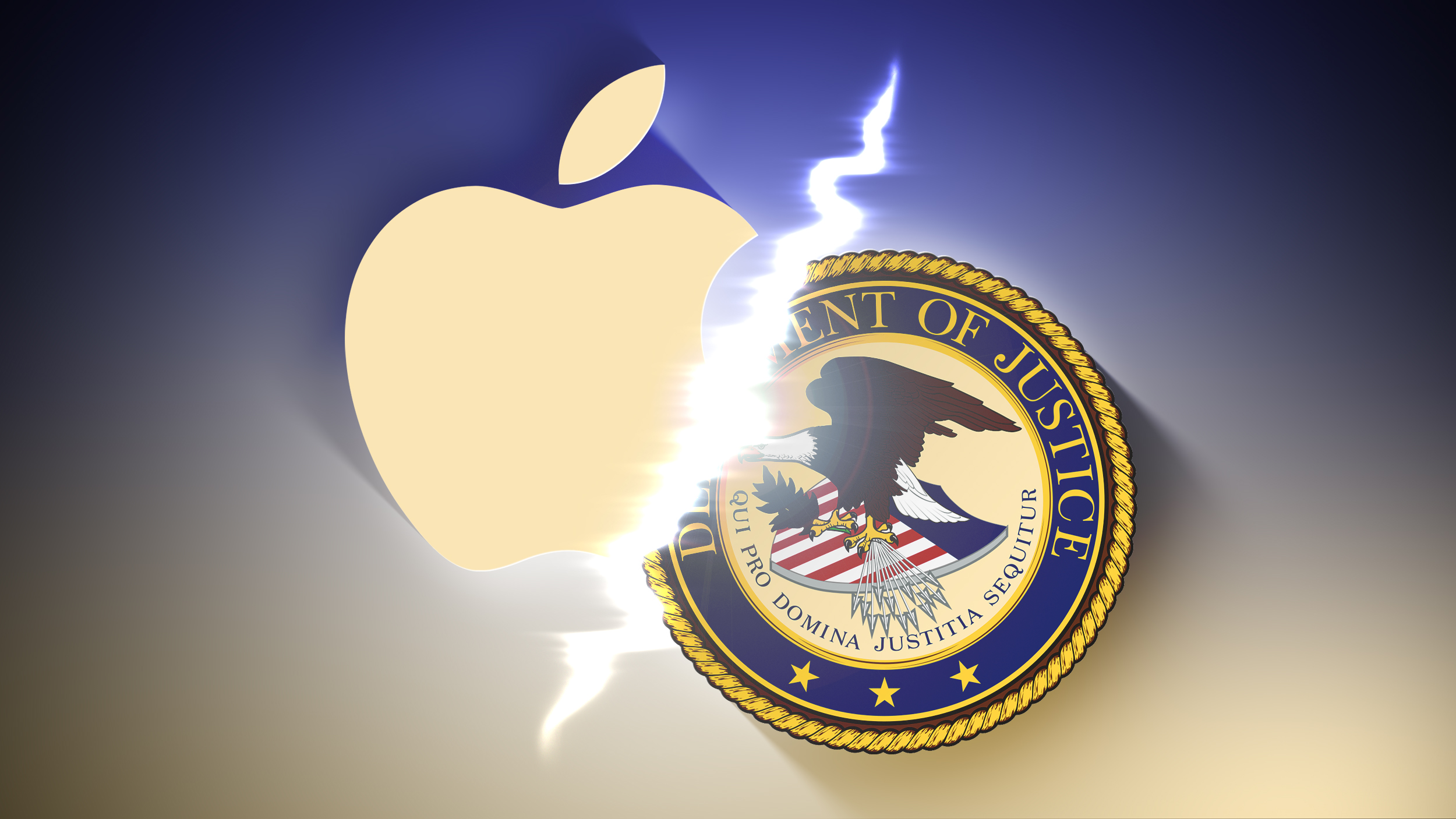





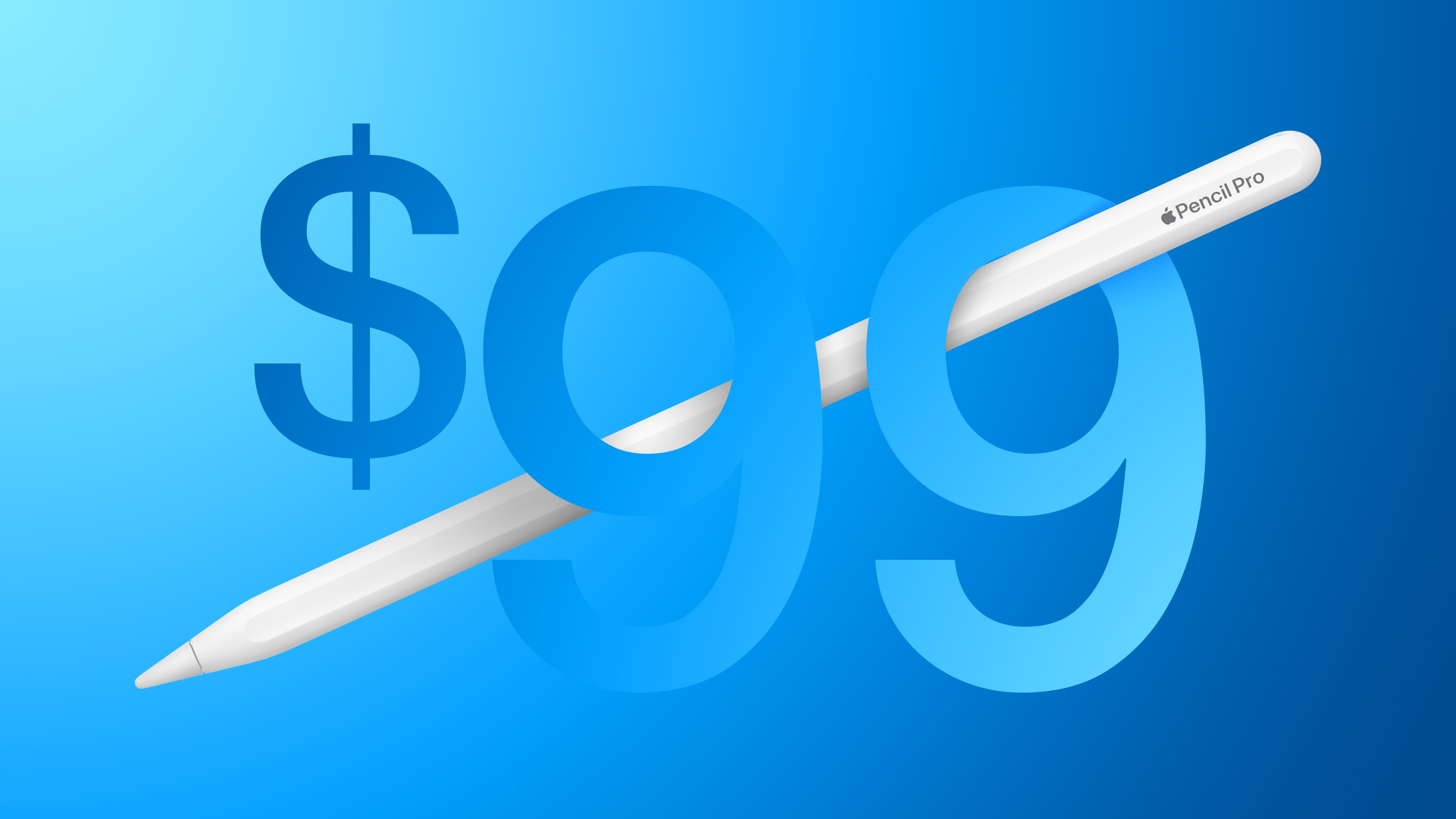 Note: MacRumors is an affiliate partner with some of these vendors. When you click a link and make a purchase, we may receive a small payment, which helps us keep the site running.
Note: MacRumors is an affiliate partner with some of these vendors. When you click a link and make a purchase, we may receive a small payment, which helps us keep the site running.



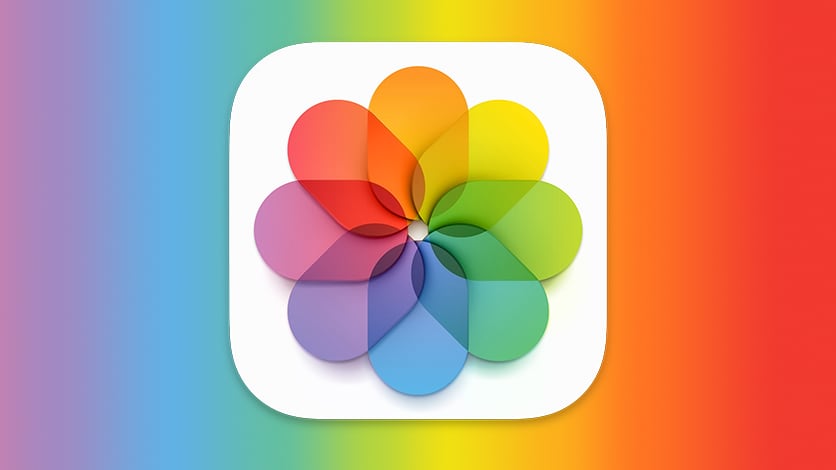



 Apple's
Apple's  Note: MacRumors is an affiliate partner with Amazon. When you click a link and make a purchase, we may receive a small payment, which helps us keep the site running.
Note: MacRumors is an affiliate partner with Amazon. When you click a link and make a purchase, we may receive a small payment, which helps us keep the site running.







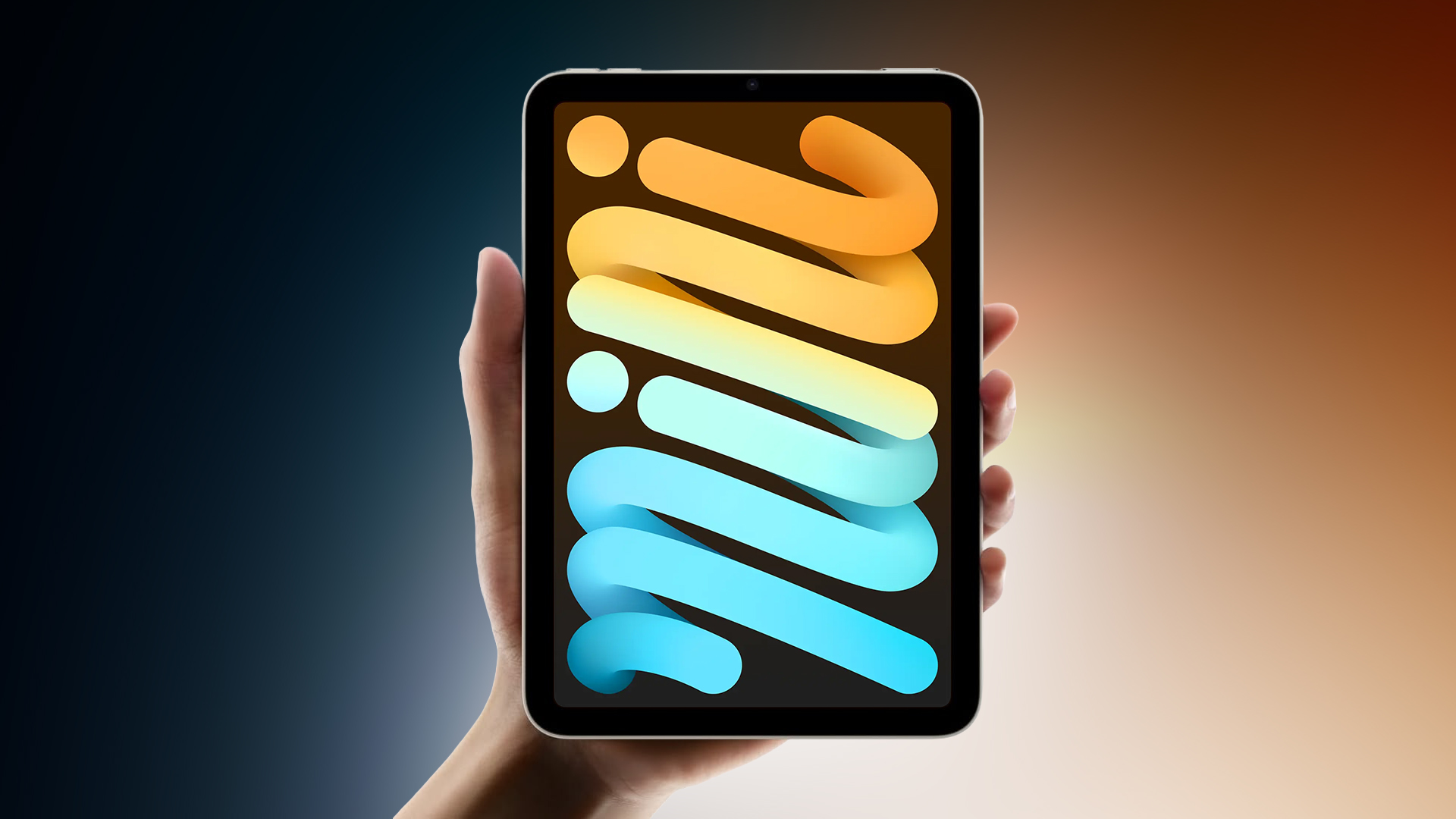 Note: MacRumors is an affiliate partner with Amazon. When you click a link and make a purchase, we may receive a small payment, which helps us keep the site running.
Note: MacRumors is an affiliate partner with Amazon. When you click a link and make a purchase, we may receive a small payment, which helps us keep the site running.
 Note: MacRumors is an affiliate partner with Amazon. When you click a link and make a purchase, we may receive a small payment, which helps us keep the site running.
Note: MacRumors is an affiliate partner with Amazon. When you click a link and make a purchase, we may receive a small payment, which helps us keep the site running.

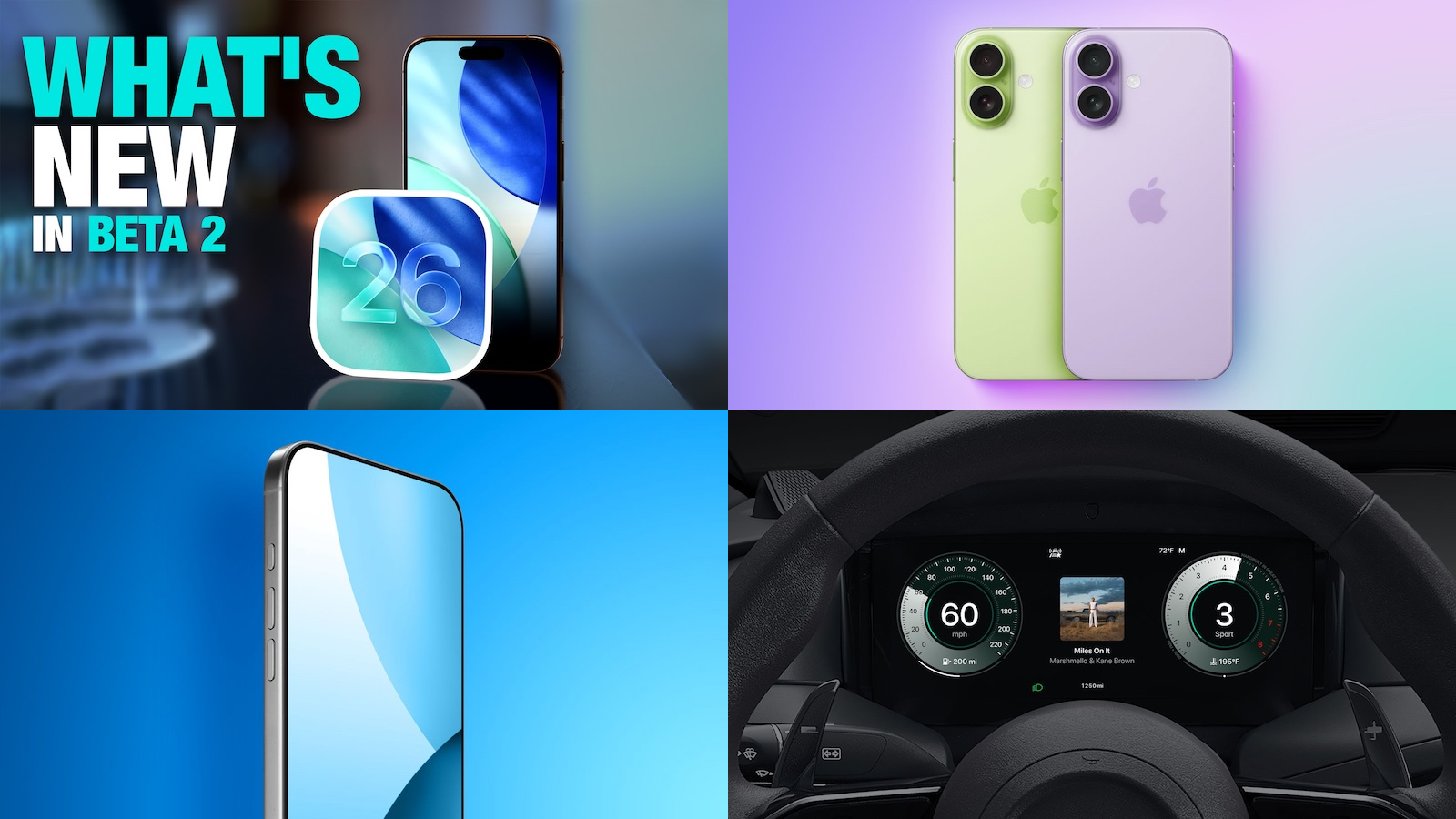
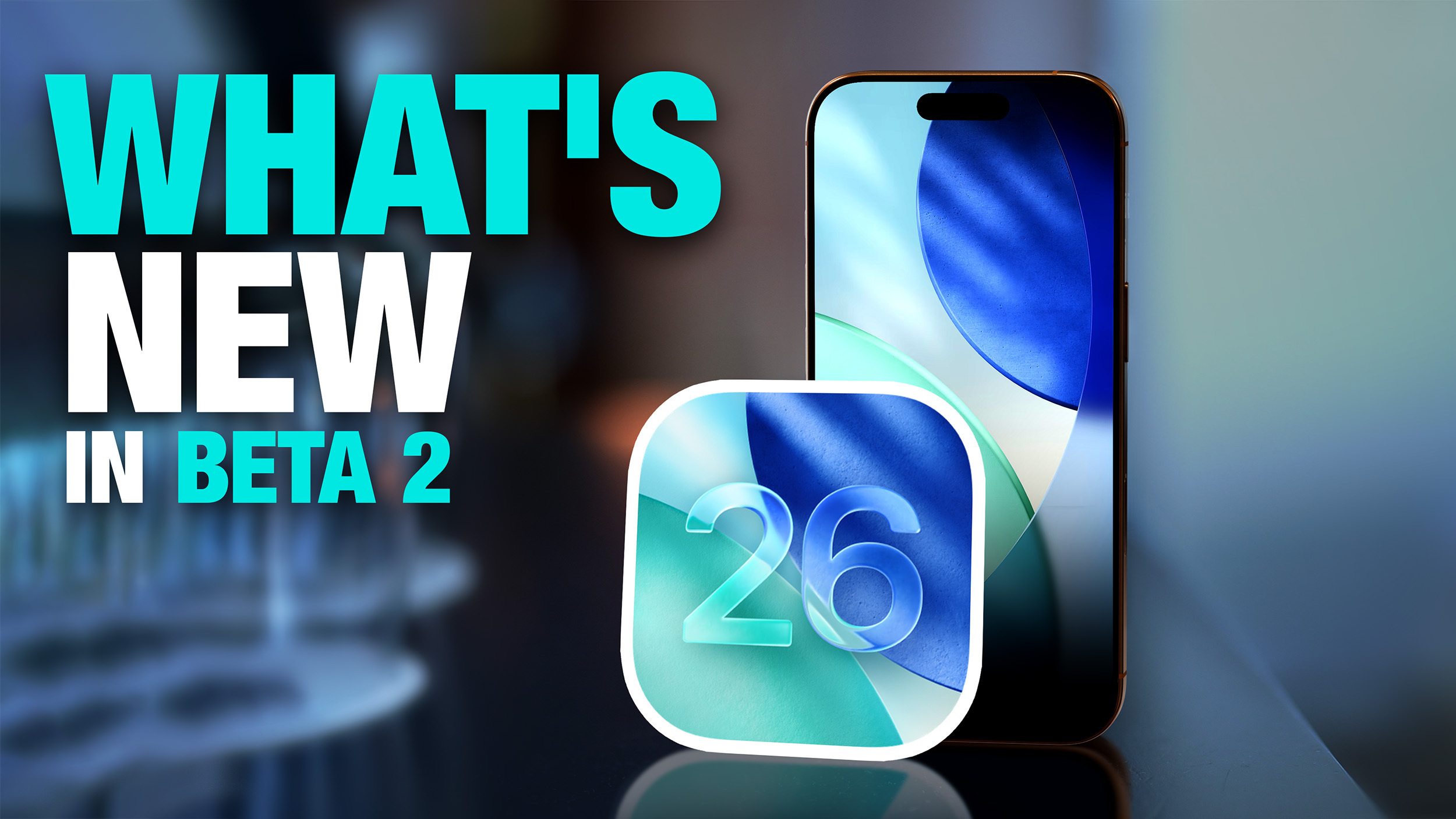





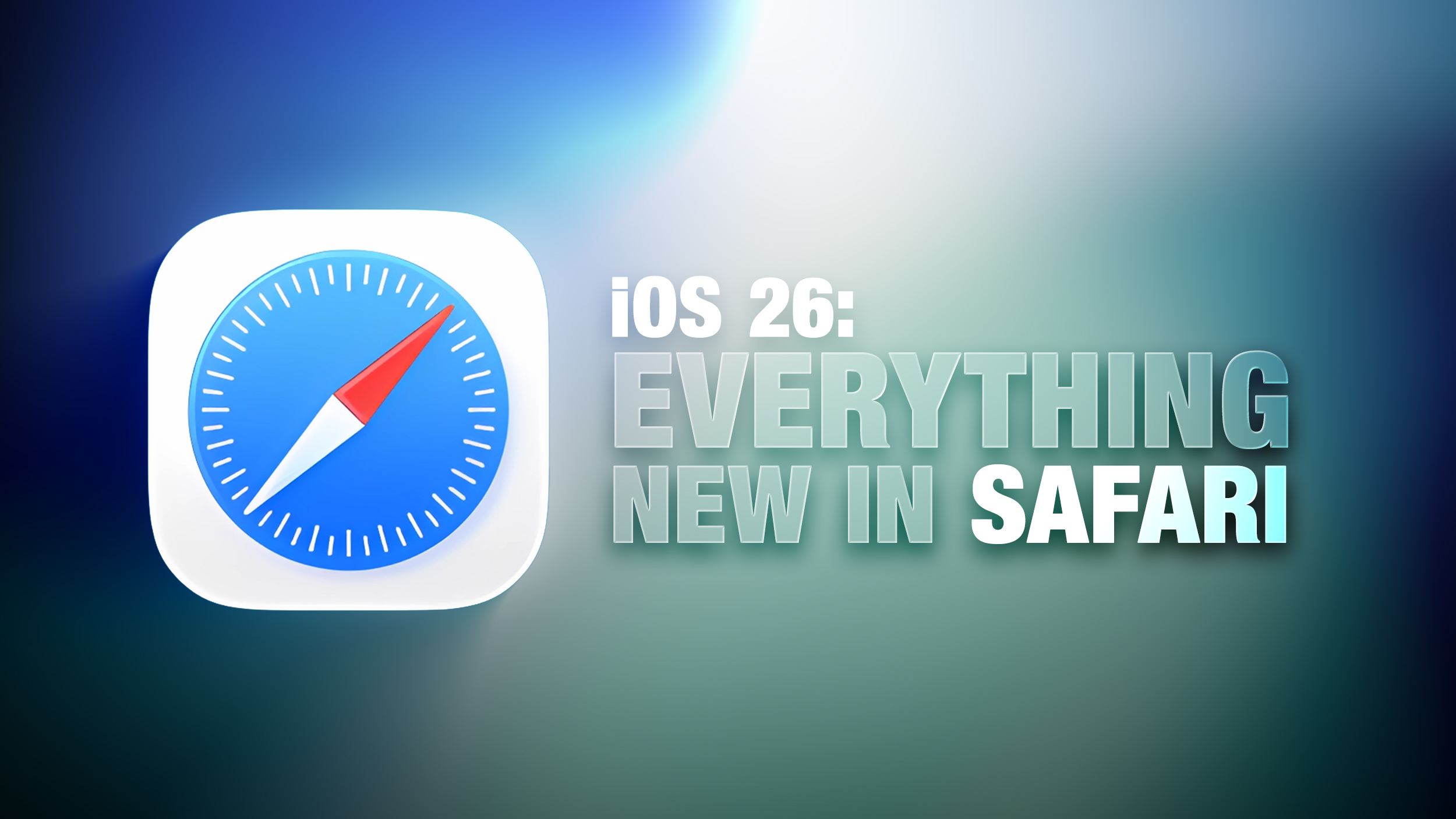
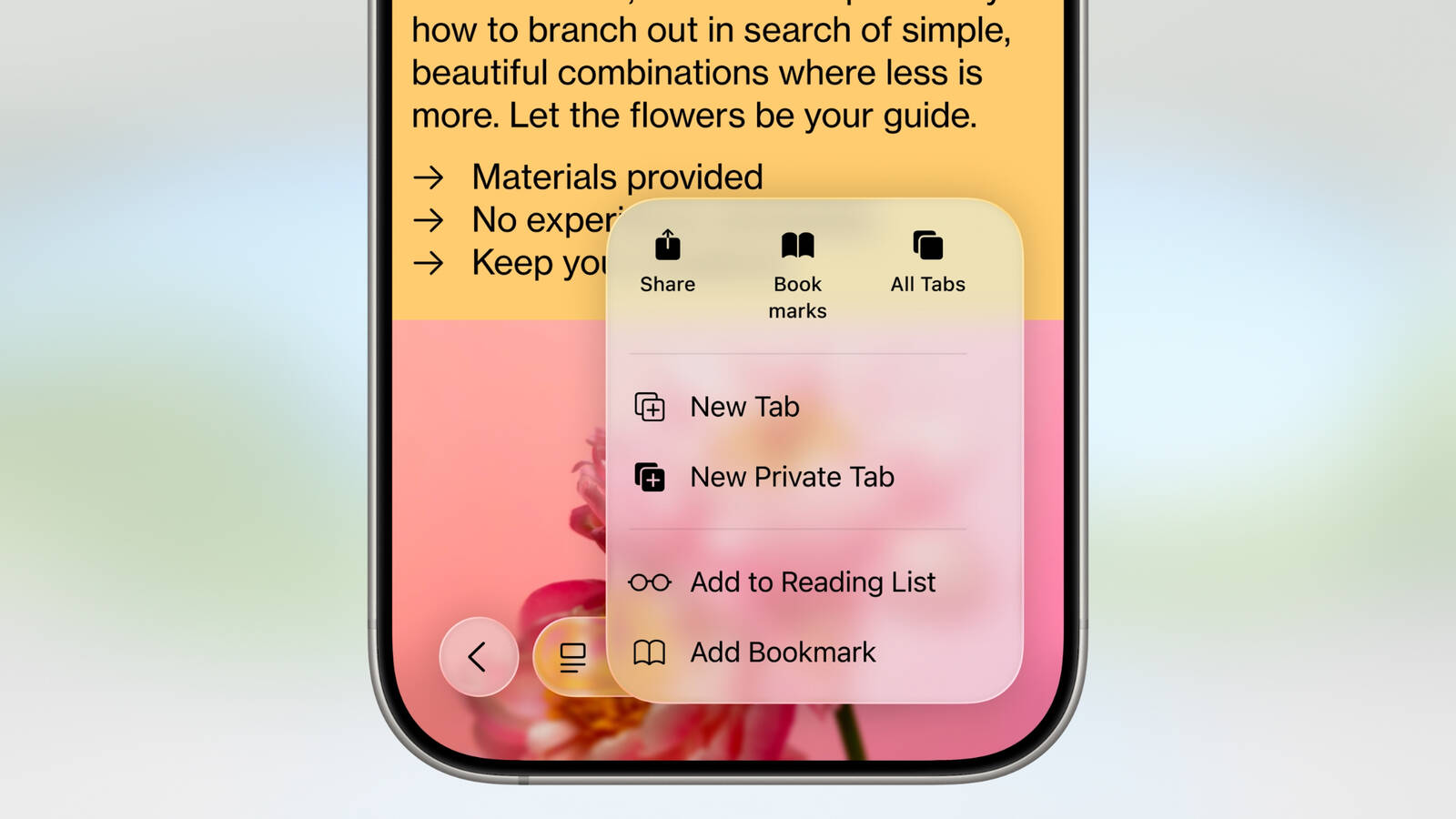
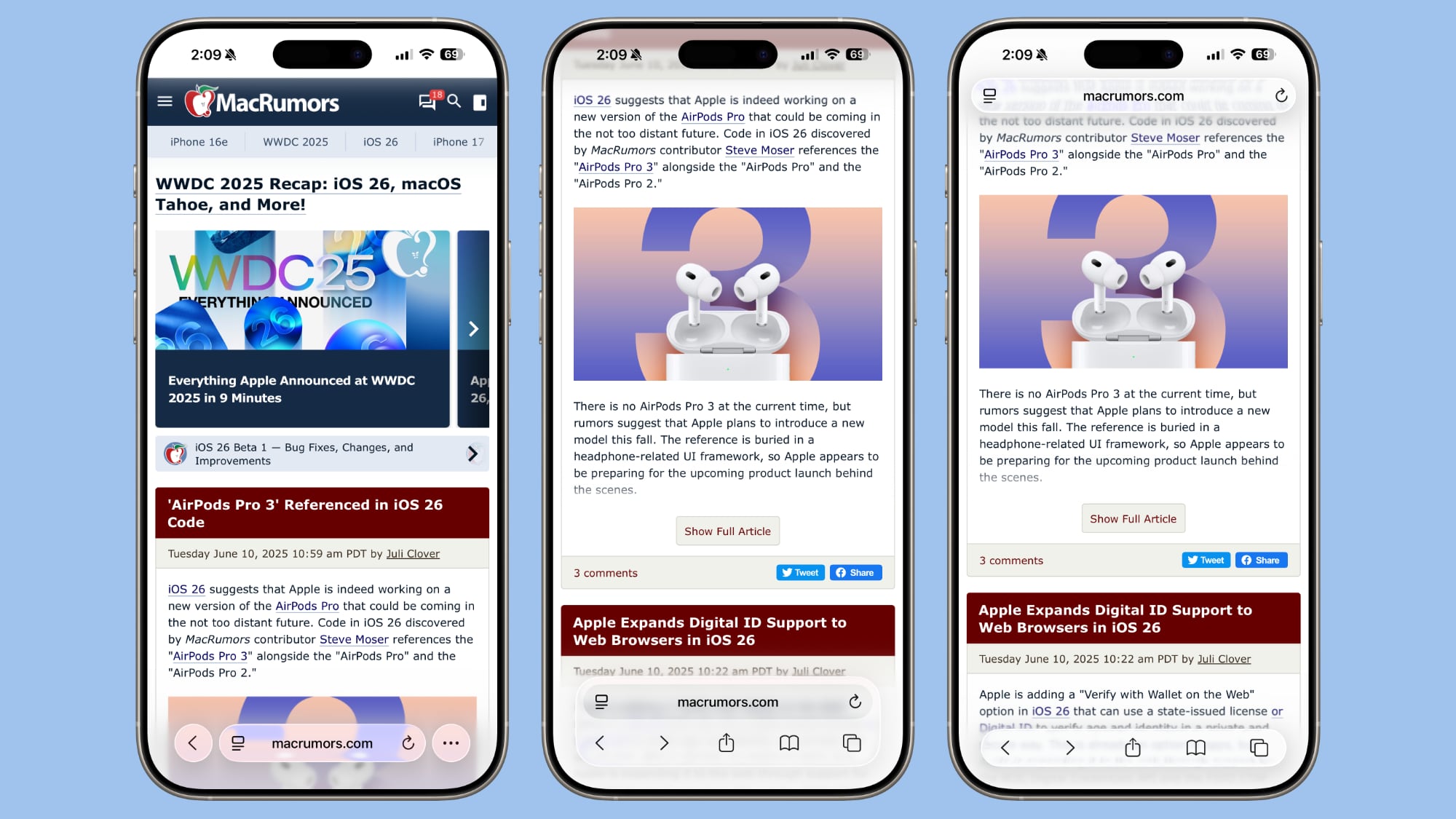
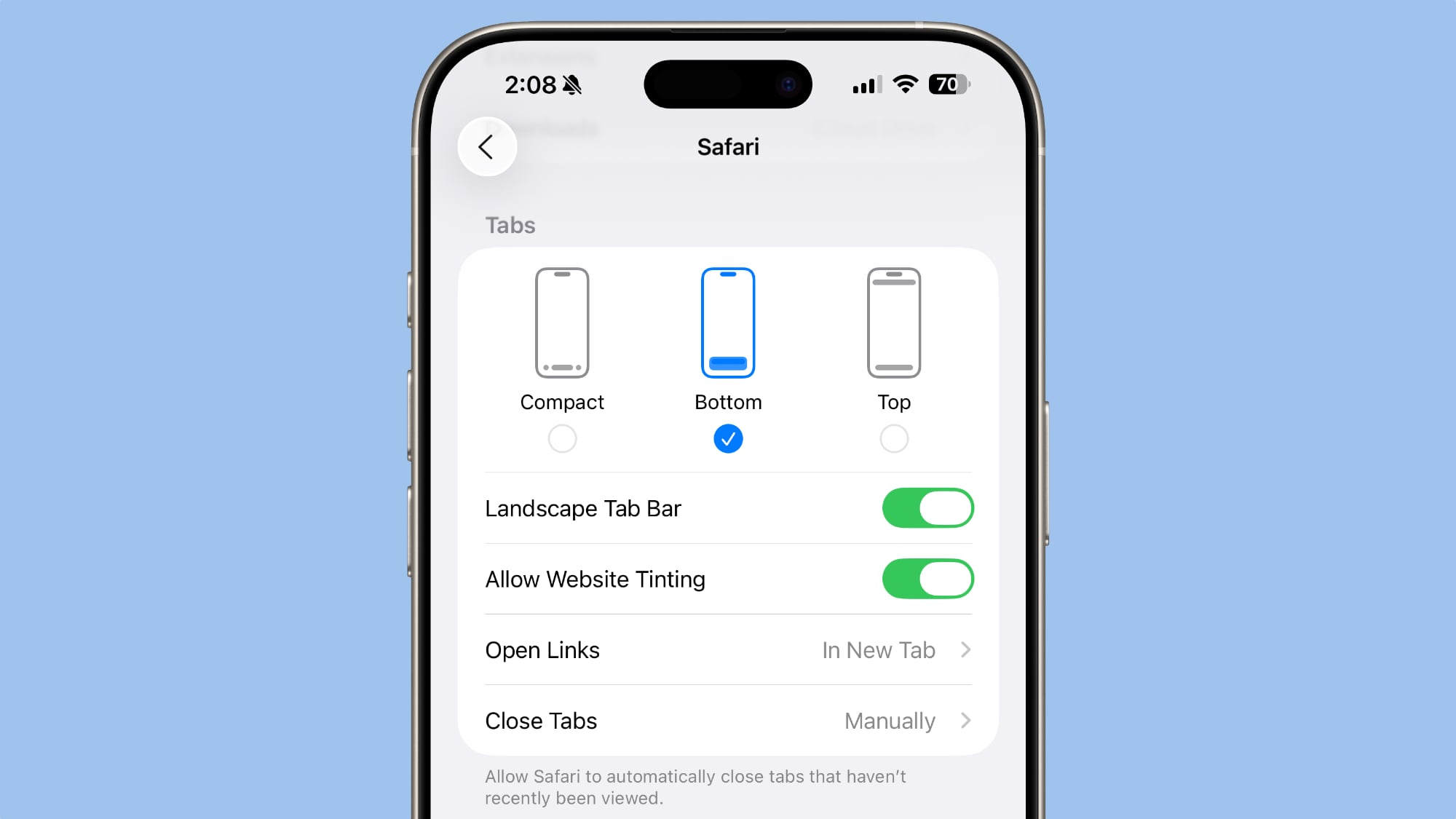

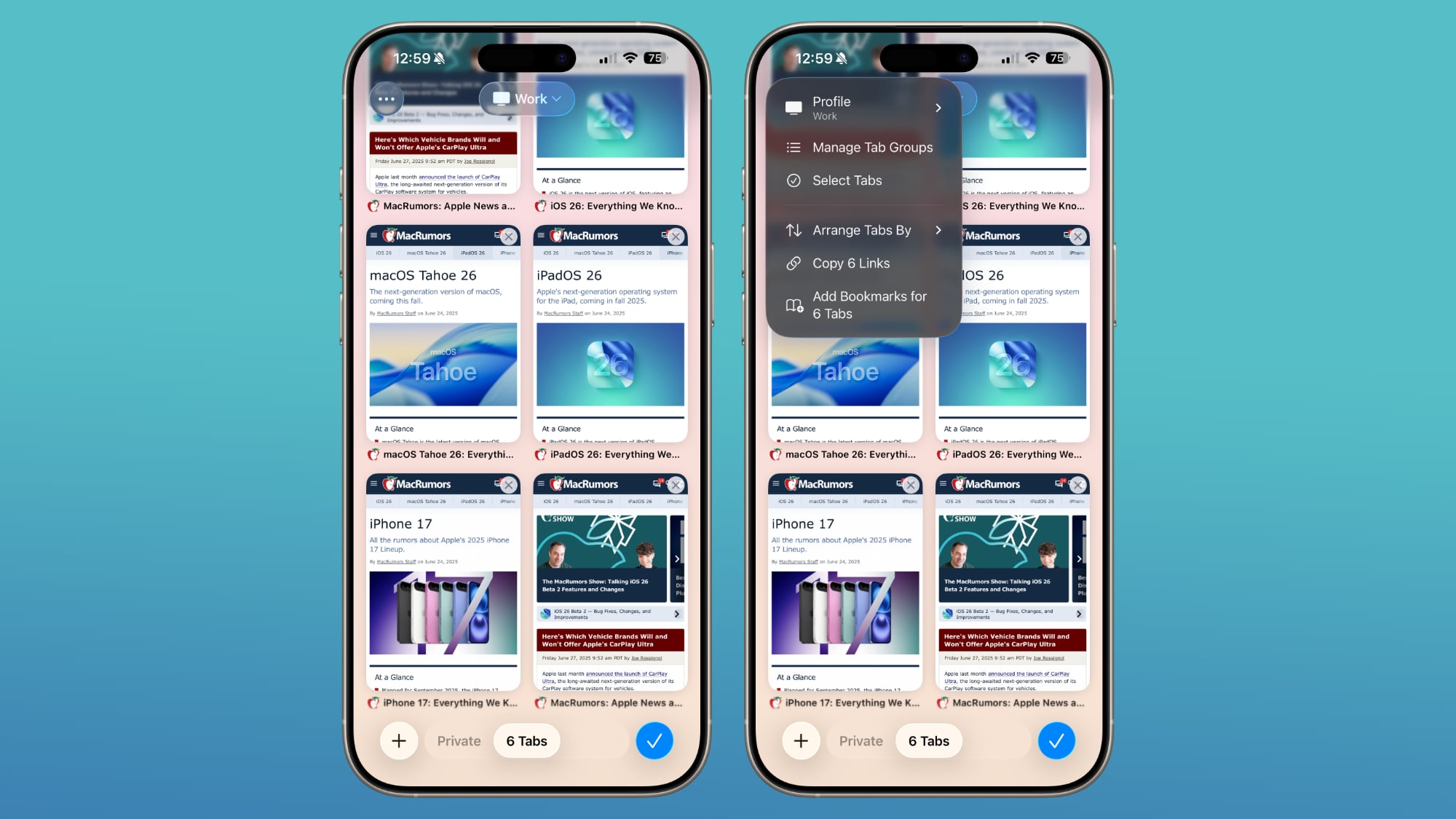
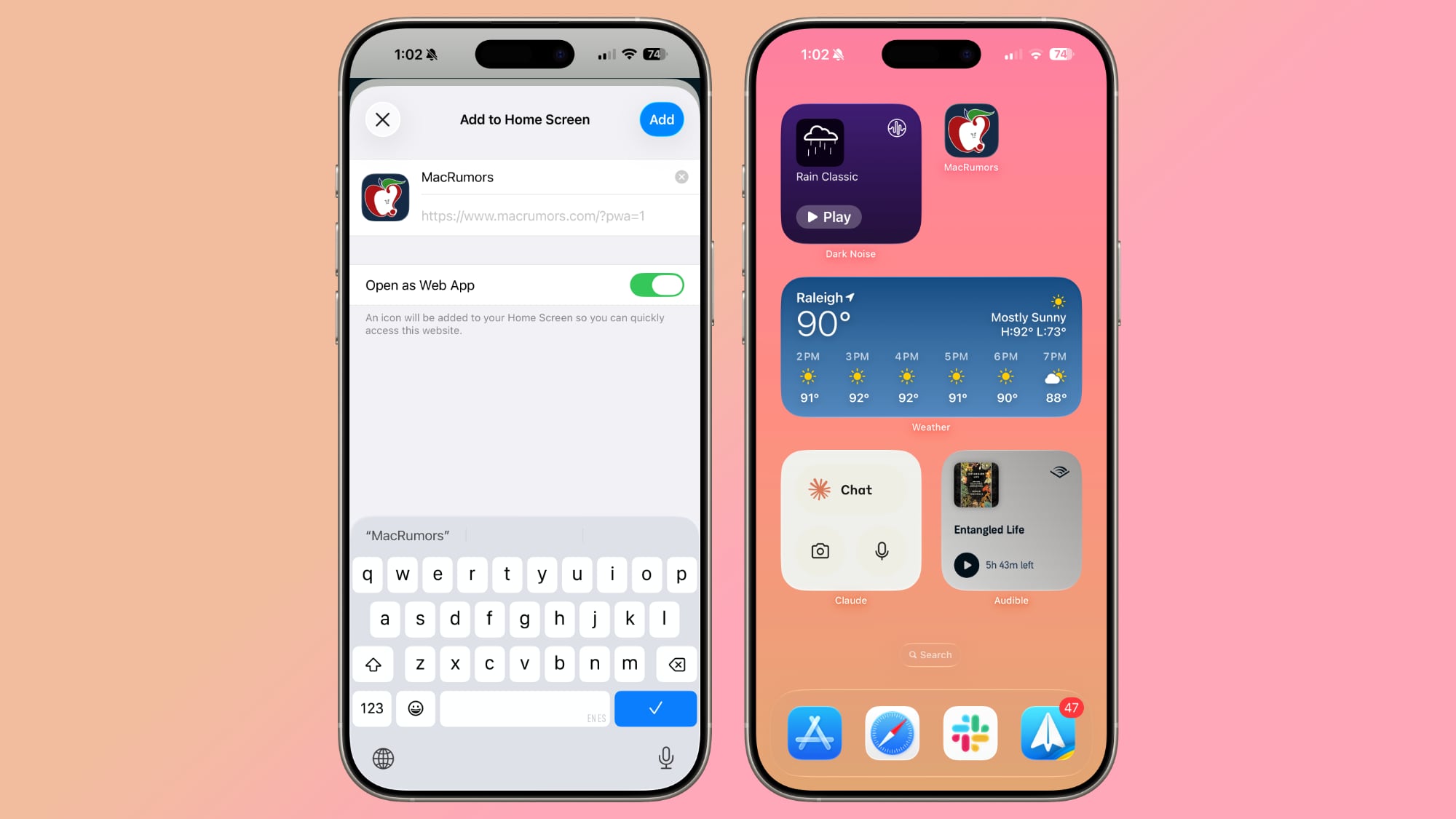
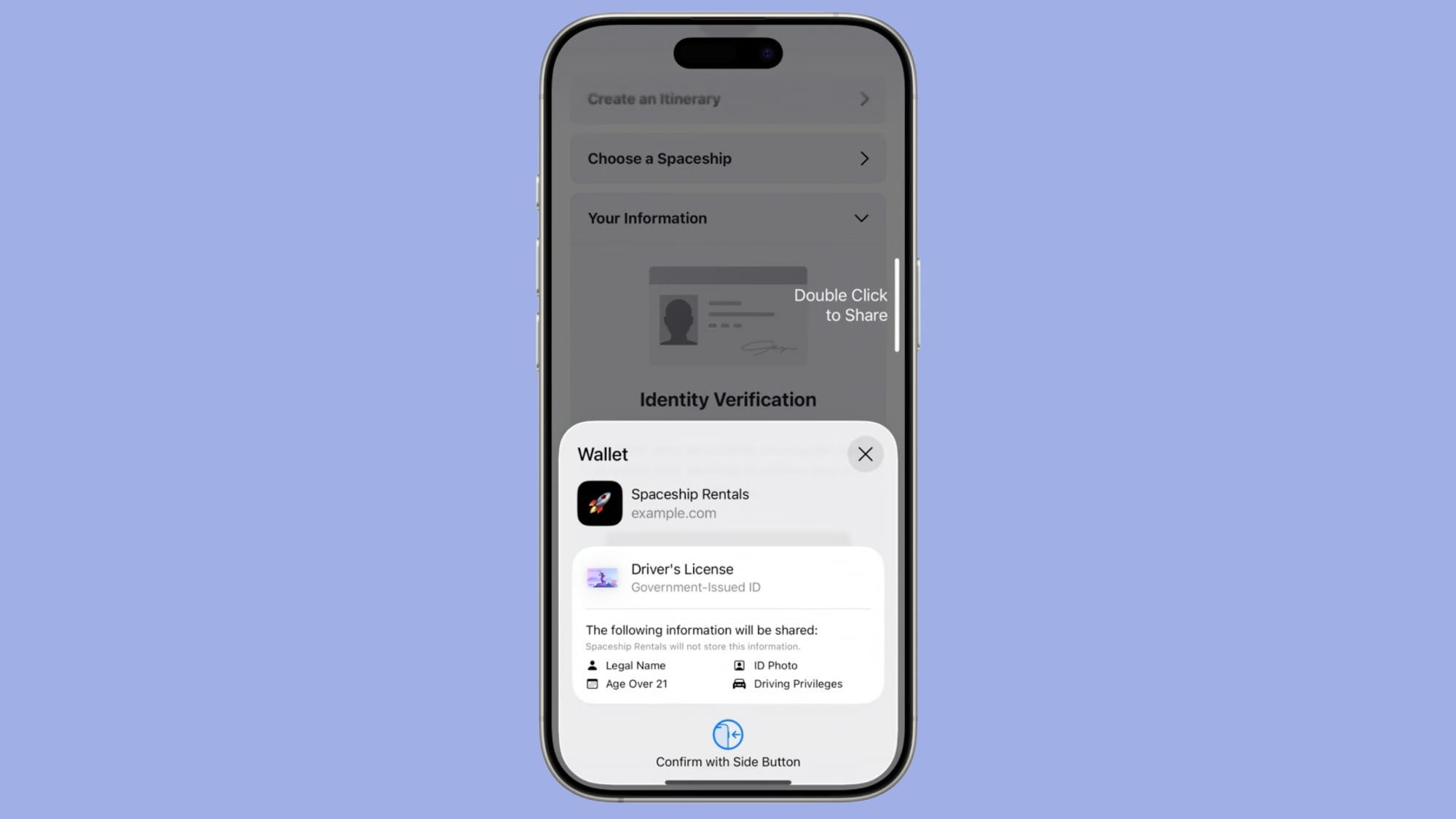

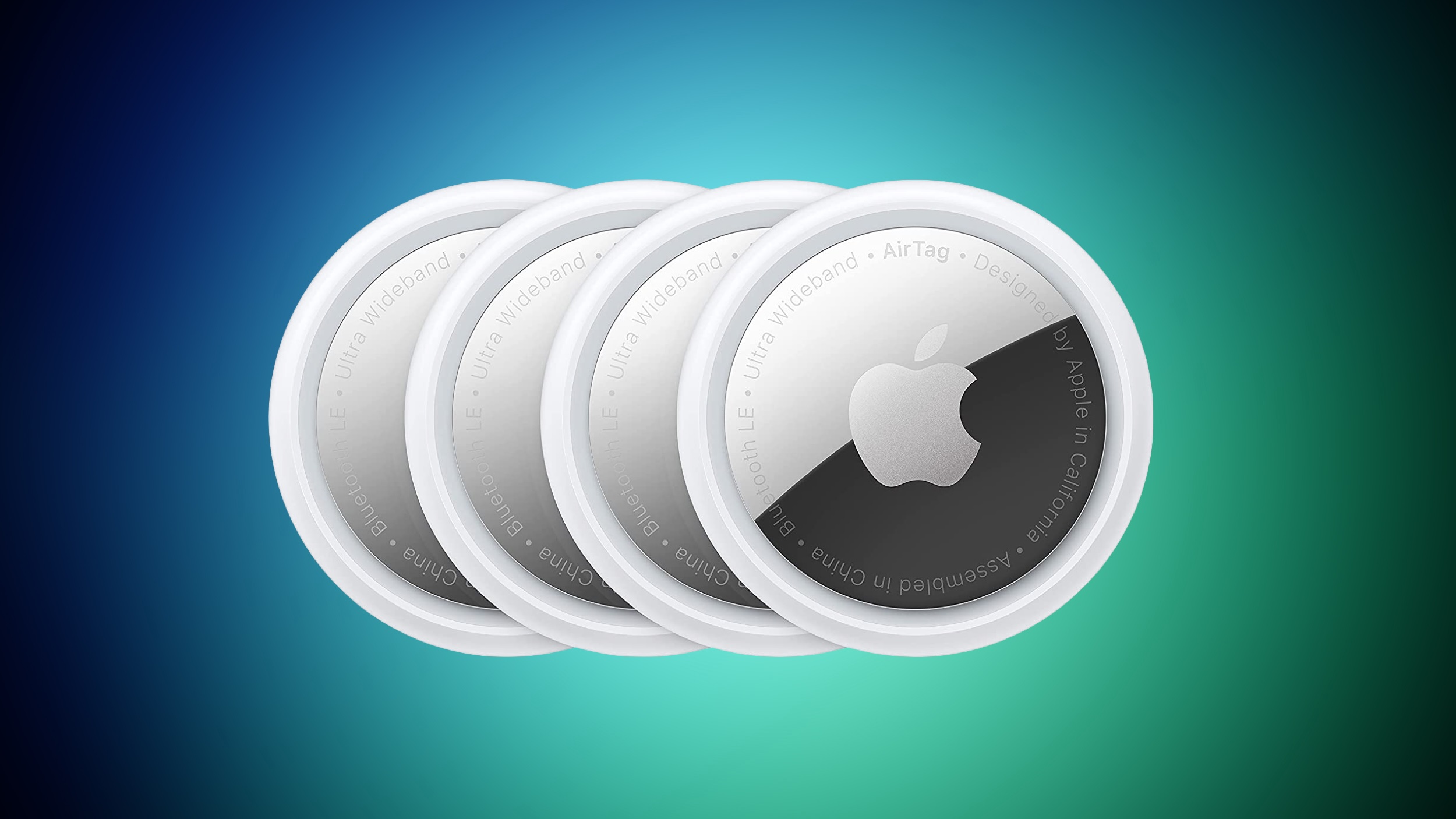

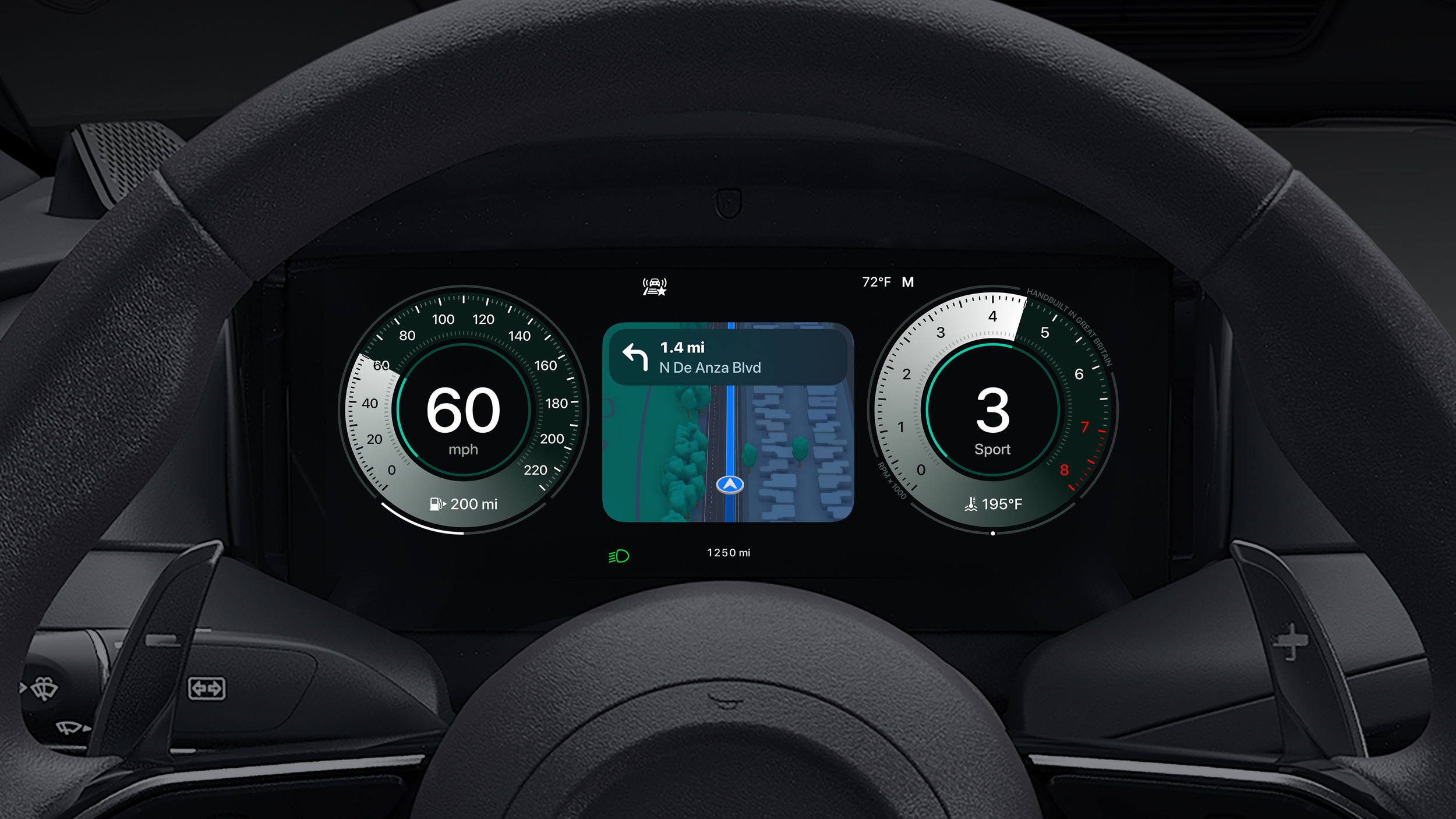

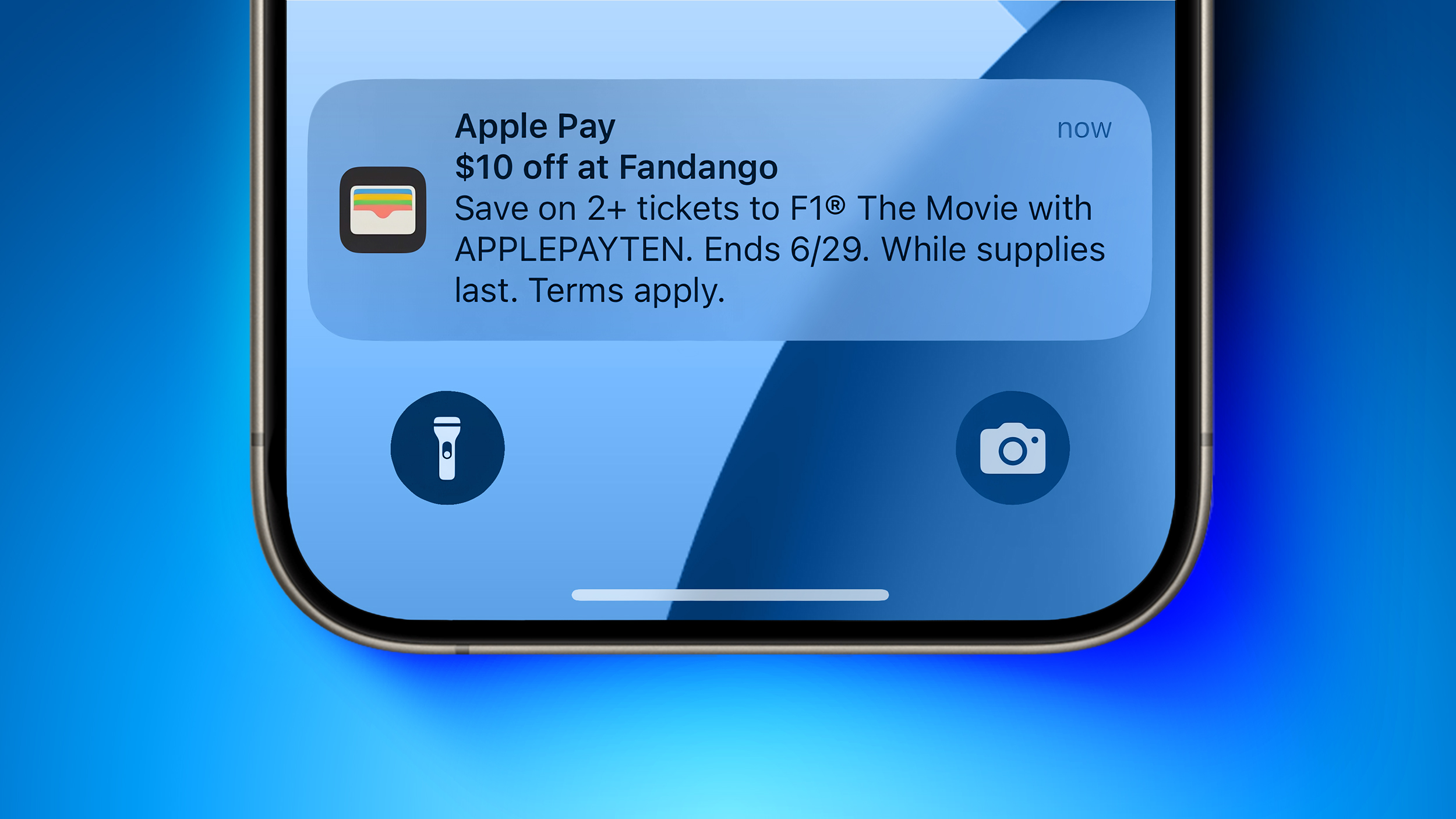
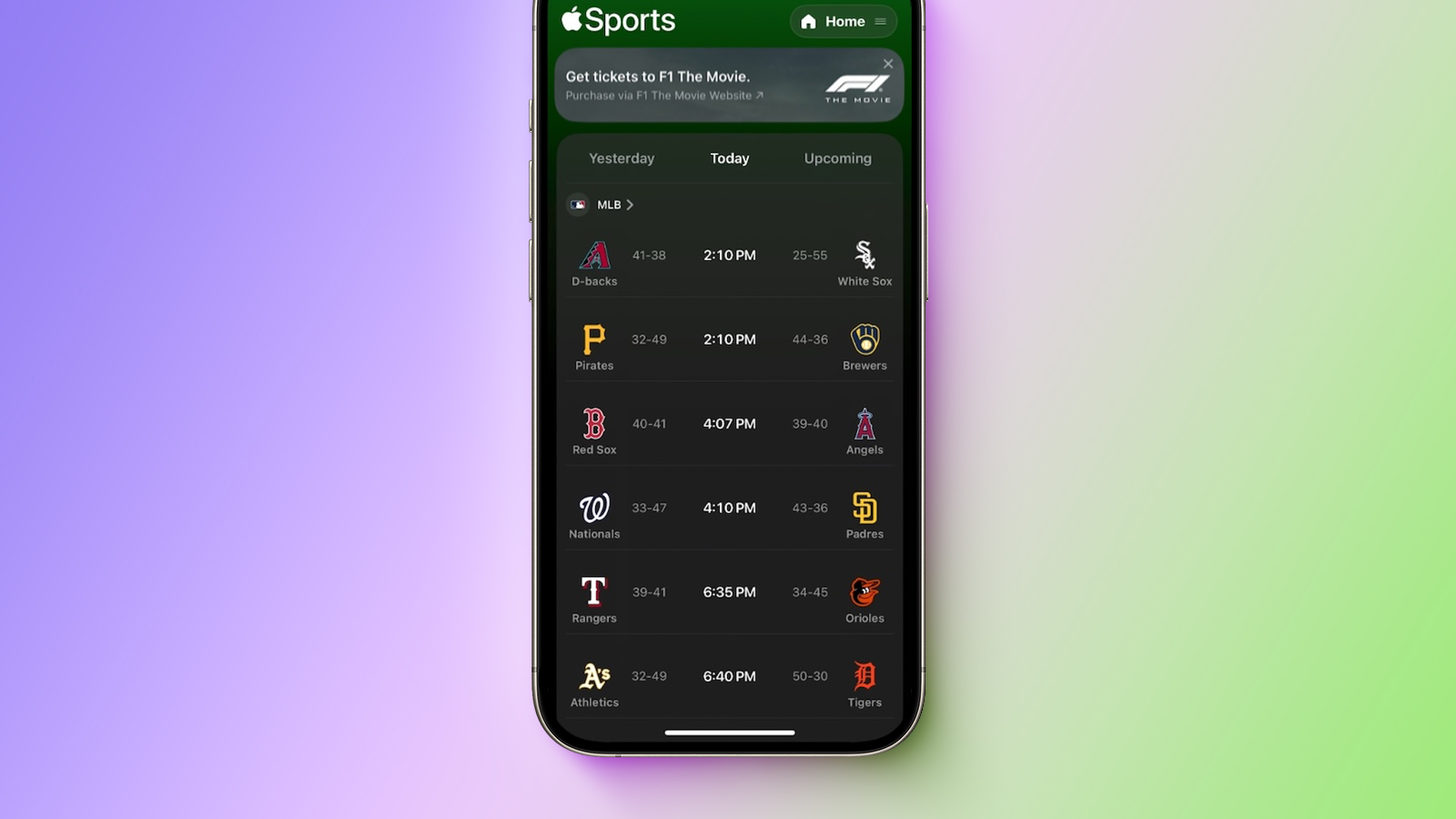
 Note: MacRumors is an affiliate partner with some of these vendors. When you click a link and make a purchase, we may receive a small payment, which helps us keep the site running.
Note: MacRumors is an affiliate partner with some of these vendors. When you click a link and make a purchase, we may receive a small payment, which helps us keep the site running.


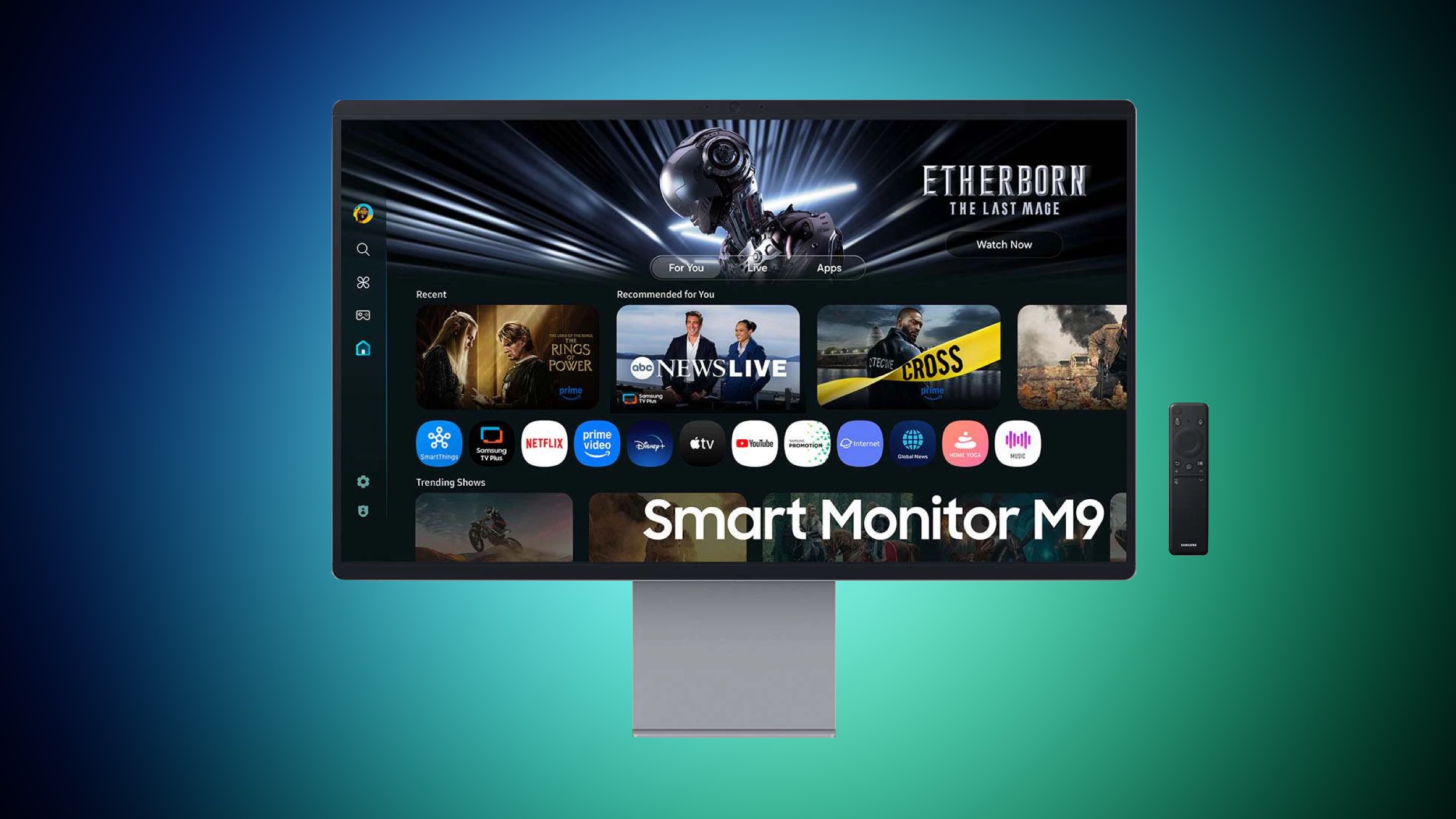


 Samsung's Galaxy Tab S10 Ultra
Samsung's Galaxy Tab S10 Ultra